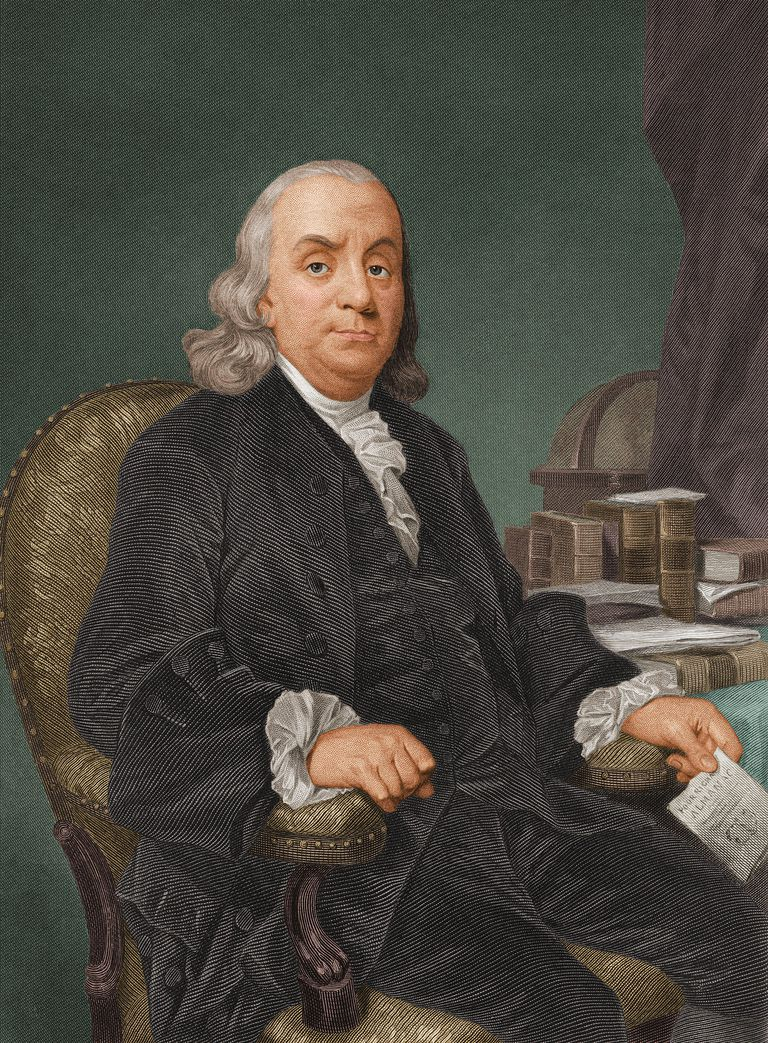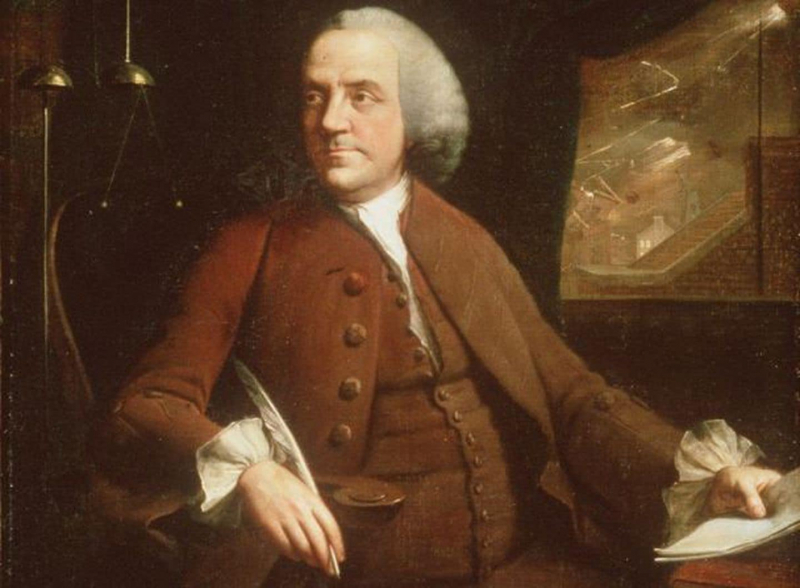He spent his later years as an abolitionist
During his lifetime, Franklin had at least two slaves, both of whom were domestic servants. But as he became older, the more he realized that slavery was an evil system that went against the ideals of the American Revolution. He assumed control of a Pennsylvanian anti-slavery campaign in 1787, and in 1790 he asked Congress to intervene to free "those pitiful beings who alone in this land of freedom are degraded into eternal bondage." After the petition was rejected, Franklin continued to fight until his death a few months later. He even included a clause in his will requiring his daughter and son-in-law to liberate their slave before receiving any inheritance.
A vociferous opponent of slavery in his final years, Benjamin Franklin was elected president of the Pennsylvania Society for Promoting the Abolition of Slavery in 1787. Franklin passed this Constitution barely one month before he attended Philadelphia's 1787 Constitutional Convention. The Society was first established in Philadelphia on April 14, 1775, as The Society for the Relief of Free Negroes Unlawfully Held in Bondage. It was later reorganized in 1784, and in 1787, it passed this constitution, which was first published in print in this Philadelphia Magazine while the delegates were all present at the Constitutional Convention. The Society worked to reintegrate freed slaves into American society in addition to advocating for the abolition of slavery.











